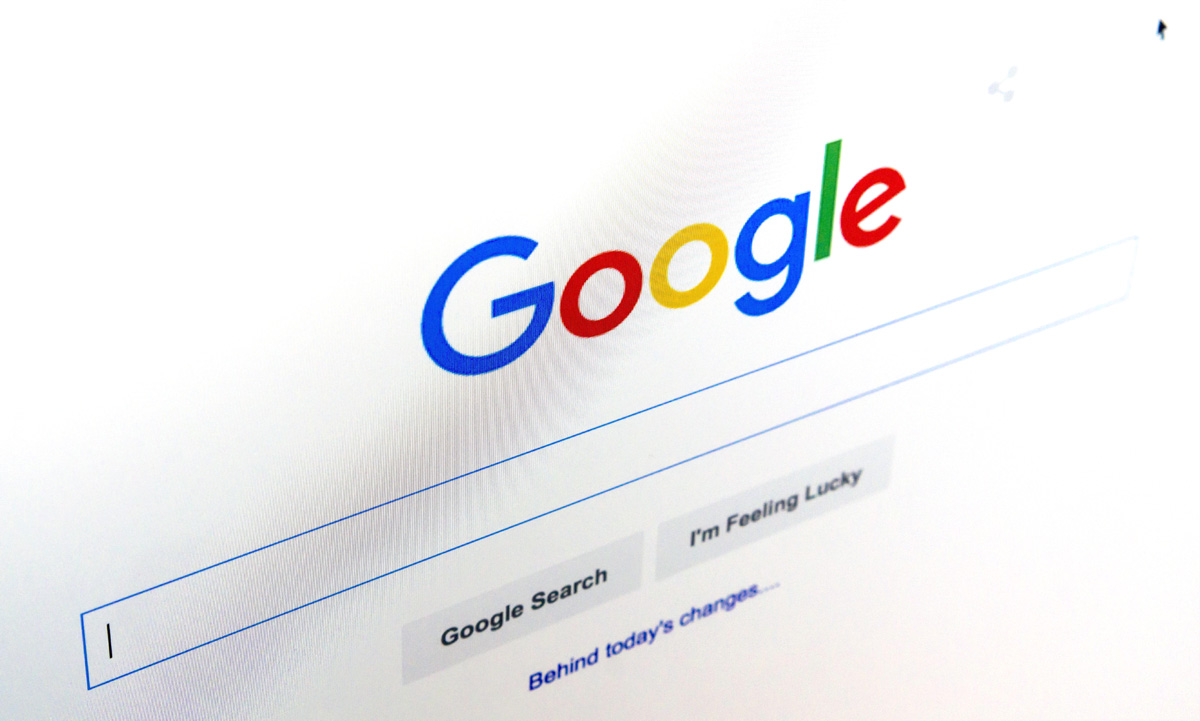Apple’s San Bernardino fight may be over, but the government is still seeking both Apple and Google’s help in unlocking phones. New research from the American Civil Liberties Union shows 63 different cases in which the government compelled help from Apple or Google in unlocking a handset.
However, at the moment, it is quite unclear how many cases were actually filed, though, we know for sure that companies have complied with such orders before last year.
Most of the orders target Apple, however, nine in total also look to be compelling Google to help in the cases. The typical things included actions like resetting the passwords of the concerned devices.
The devices include phones from Alcatel, Kyocera, and Samsung, many of which didn’t have the default device encryption that blocked the use of traditional forensic tools in the San Bernardino case.
“We carefully scrutinize subpoenas and court orders to make sure they meet both the letter and spirit of the law,” a Google spokesperson said in a statement. “However, we’ve never received an All Writs Act order like the one Apple recently fought that demands we build new tools that actively compromise our products’ security. As our amicus shows, we would strongly object to such an order.”
Even if Google has not got direct access to the software that runs on the Android devices, it can still manage a lot of lock screen protections through the Android device manager. This was typically designed for the ease of access for the users, even if they lost their passwords. The capability only works for phones with an unlock pattern, rather than a fingerprint, password or PIN, and was discontinued in Android Lollipop. This, however, is not present in iOS.
What are your thoughts on Google being in a similar position with Apple? Let us know in the comments below.


